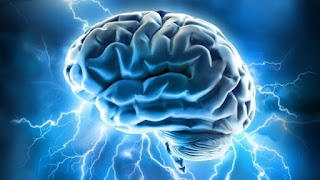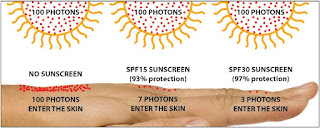A perfect smile can go a long way! Not only are your pearly whites important for appearances but it's a big factor in determining your oral health. Most of us may think that brushing and flossing are enough to maintain a healthy set of teeth that we sometimes overlook the simple habits that we do every day what damage them. Here are 7 (surprising) ways we may be contributing to the damage of our perfect molars.
1. Overbrushing
Vigorous strokes can wear down the protective enamel of our teeth which eventually promotes the development of cavities and decay. This can also push back the gums, causing it to recede over time and expose the delicate part of your teeth. Also known as' toothbrush abrasion, overbrushing can be a cause of sensitive teeth.
2. Satisfying your sweet tooth
While sweets may be a good boost to the mood, they can be a potential enemy of our teeth. Although this has been a longstanding fact, only a few know how sugar can lead to the damage of teeth.
Our houses hundreds of mouth bacteria, some beneficial and others harmful. These harmful little guys usually feed on the sugars and produce acid that destroys tooth enamel. Now we understand that sugar may not be the direct culprit for this event, but it can be the source of acid which harms our teeth.
3. Consuming acidic food and drinks
The acidity of what we eat / drink is, most of the time, overlooked. Acidic food and drinks such as soda, wine, lemon water and citric fruits actually erode our teeth by softening the enamel surface. These soft spots can be easy targets to future physical damage.
4. Staying dehydrated
Waking up with a dry mouth first thing in the morning is an unpleasant feeling. Getting rid of the discomfort of a dry mouth can be quick, but a constant dryness may be a warning to a serious complication. A dehydrated mouth is an ideal breeding ground for bacteria that causes halitosis and gum disease. Hydration can have a lot of good effects and maintaining oral health is one of them.
5. Chewing ice
Many people habitually crunch ice using their teeth, leading to small injuries. Cracked and chipped teeth, eroded enamel and complications with fillings, crowns are often the effects of addictive chewing ice. Oftentimes, people with this habit find that they are more sensitive to hot and cold foods and drinks.
6. Smoking
This is probably the biggest threat to our oral health. Teeth staining due to nicotine and tar is an immediate effect of smoking. Not only this, the chemicals in cigarettes can increase bacteria and plaque build-up which leads to bad breath and often, gum disease. Severe cases of gum disease are the reason for tooth loss reason.
7. Using your teeth as tools
Know anyone who has the skill of popping the cap off a bottle of beer using their teeth? If yes, warn them the next time they'll do so because they can face some serious fractures. Our teeth are not scissors and wire cutters that are meant to open things. They could not withstand it all and can crack, chip or even cause malocclusion (poor jaw alignment). So think twice the next time you want to use your teeth to rip off those tags.

































